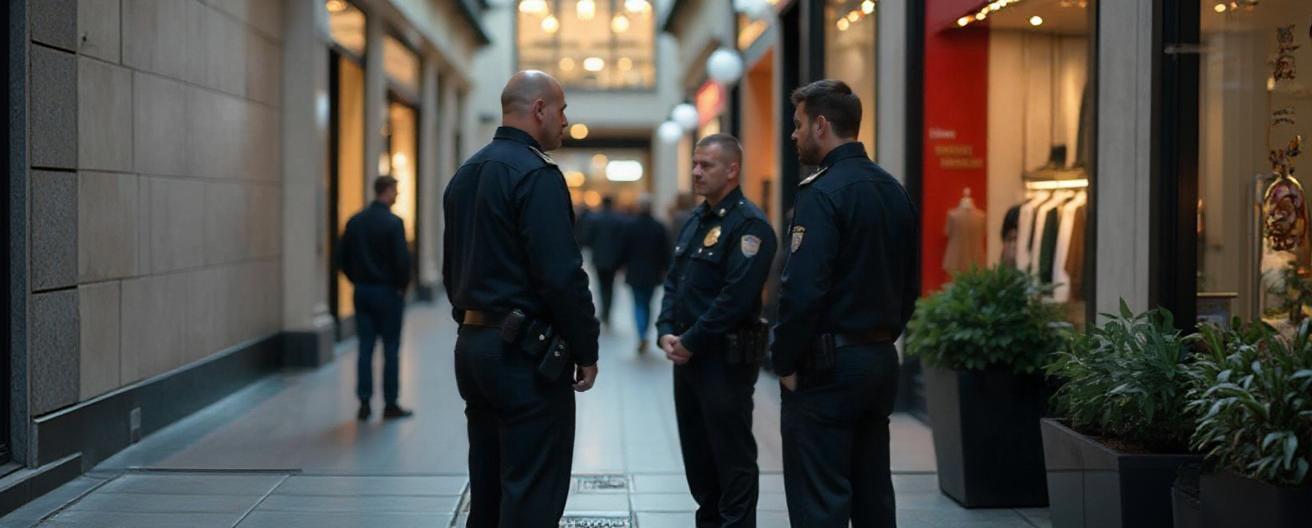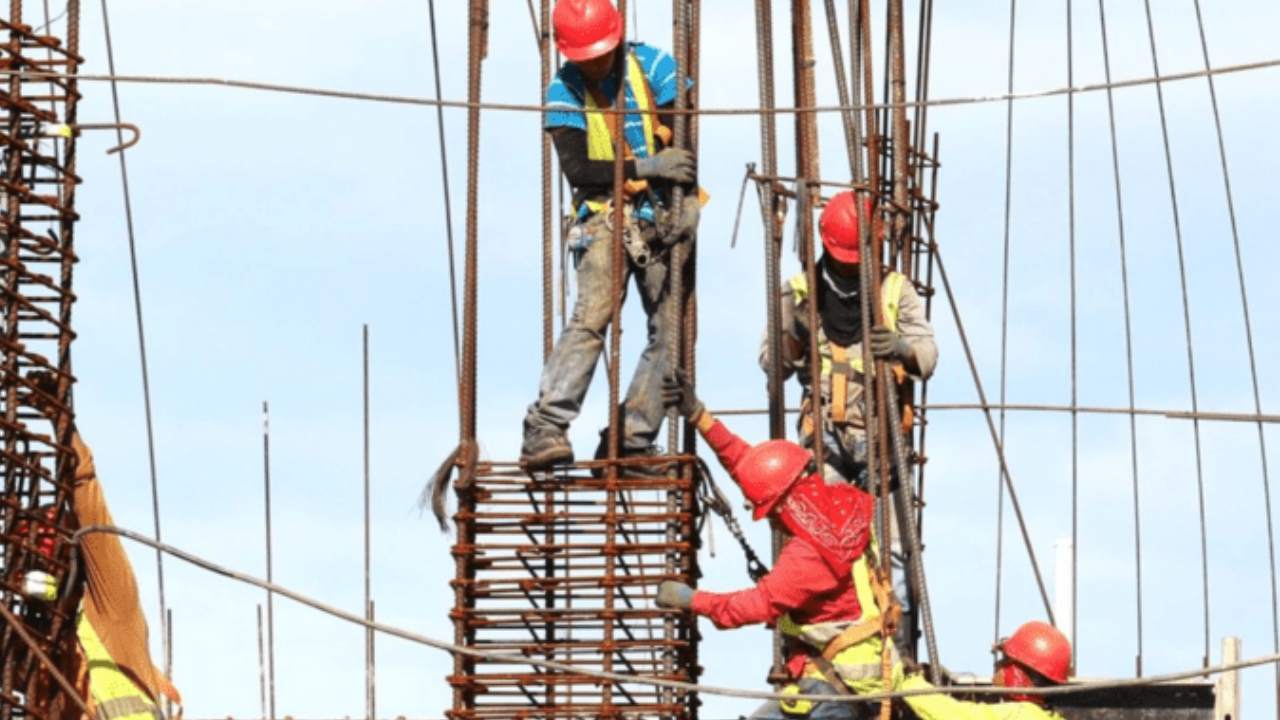Martyn’s Law is here — and it’s changing the rules for public safety across the UK. This new legislation requires public-facing venues to not only plan for terrorist threats but also to prove they are ready to act.
From April 2025, compliance isn’t optional; it’s a legal obligation under the Terrorism (Protection of Premises) Act 2025. Compliance leads at stadiums, arenas, shopping centres, and other large venues must now act swiftly to ensure their sites are prepared. But what does readiness actually look like?
That’s where the upcoming CPIW (Competent Person in the Workplace) qualification comes in. Currently under development, the new qualification will set a new standard for the individuals responsible for implementing protective measures. In this blog, we break down what the CPIW qualification is, why it matters under Martyn’s Law, and how your organisation can begin preparing now.
What Is the CPIW Qualification?
The CPIW is a Level 3 qualification currently in development by the National Counter Terrorism Security Office (NaCTSO), designed to certify those who lead on-site security preparedness under Martyn’s Law.
This new qualification is aimed at decision-makers and operational leads within high-risk environments, who will be responsible for ensuring that security strategies are developed, implemented, and maintained to the highest standard. The CPIW will help standardise this responsibility across industries.
While the course is still being developed, it is expected to include:
- Instructions on how to conduct risk and vulnerability assessments
- Design effective security plans
- Manage incident response protocols
- Ensure full legal compliance under Martyn’s Law
With a launch anticipated in 2026, CPIW will form part of the broader Competent Persons Scheme and is already shaping expectations across the security landscape.
Why the CPIW Qualification Matters for Martyn’s Law Compliance
If your venue falls within the new legal scope, simply having plans on paper isn’t enough. The law requires action, ownership, and audit-ready procedures. For compliance leads, that means knowing not just what is required, but how to implement it effectively.
Legal Requirements You Must Meet
Martyn’s Law applies a tiered system based on the capacity of a venue:
- Standard Tier venues: Those with a capacity of 200 to 799 must conduct basic preparedness activities. These include creating and maintaining staff training programmes, setting up emergency planning documents, and keeping a log of all incidents.
- Enhanced Tier venues: Those with a capacity of 800 or more face more rigorous standards. These premises must document and rehearse their security procedures, ensure frequent drills are conducted, and nominate a specific responsible person to oversee implementation.
CPIW is being developed to formally qualify that “responsible person”. It provides clarity and standardisation for compliance leads and will likely serve as the baseline requirement for demonstrating capability in this role.
Operational and Reputational Risk
Failing to comply can result in serious penalties. Legal fines and enforcement action are only part of the risk. Venues also face increased insurance liabilities and reputational damage if they are found to be unprepared after an incident.
Proactively preparing for CPIW demonstrates a commitment to public safety, builds trust with stakeholders and regulators, and positions your venue as a leader in responsible event and venue management. It also ensures your internal teams are prepared to respond effectively in the event of a live threat.
What the CPIW Qualification Could Mean for Venue Operations
CPIW is more than a certificate. It’s likely to become the compliance benchmark for key site responsibilities. This includes conducting and documenting formal risk assessments, implementing and maintaining physical and procedural security protocols, and leading site-wide emergency planning initiatives.
It also signals a new relationship with regulatory bodies such as the Security Industry Authority (SIA). Being CPIW-qualified may become essential not only for passing audits but also for qualifying for public contracts or maintaining insurance coverage.
Venues that are CPIW-ready will be able to prove preparedness to auditors, law enforcement, and insurers. It could also become a defining factor when applying for event licensing or responding to client and public expectations.

How Compliance Leads Can Prepare Now
Although CPIW is not yet live, preparation can and should begin immediately. Delaying could leave your venue exposed as inspections and enforcement increase in 2025. Security readiness is no longer a nice-to-have — it’s a legal obligation.
Step 1: Identify Your Compliance Lead
Determine who will take responsibility for Martyn’s Law compliance on each site. You’ll need someone who is operationally senior, understands the principles of venue security and emergency preparedness, and is committed to developing their expertise through ongoing training. When CPIW becomes available, they will be expected to complete it as part of their role.
Step 2: Audit Current Preparedness Levels
Review your existing procedures against Martyn’s Law guidance. Start by asking: Are risk assessments conducted regularly and updated? Are your emergency response roles clearly defined and supported by training? Is there a written plan for what to do in case of a major incident, and is that plan tested with staff?
Regular auditing of these processes helps identify weaknesses before they become liabilities.
Step 3: Emphasise Foundational Training
While CPIW is still in development, your team can build core capabilities now. Ensure that key frontline security staff:
- Hold valid SIA licences
- Have completed role-relevant training such as door supervisor training or security guard training
- Have valid Emergency First Aid at Work certificates
Additionally, you can support their growth with ACT Awareness e-learning and incident management workshops. These foundational steps align with CPIW’s likely requirements and reinforce your venue’s readiness for upcoming audits.

Final Thoughts: Secure Your Lead Before 2026
The CPIW qualification represents the future of UK venue security. It’s part of a growing demand for formalised, accountable roles in the fight against terrorism and in building resilience across public-facing environments.
At Get Licensed, we help organisations get ahead of industry change. Our SIA-accredited security training and supplementary e-learning courses are built to prepare your team for real-world compliance and leadership. From foundational skills to advanced training, we can help you build the competencies that align with CPIW and ensure your venue is ready for the demands of Martyn’s Law.
Explore our training solutions to make sure your venue isn’t just meeting minimum standards—it’s setting them.












